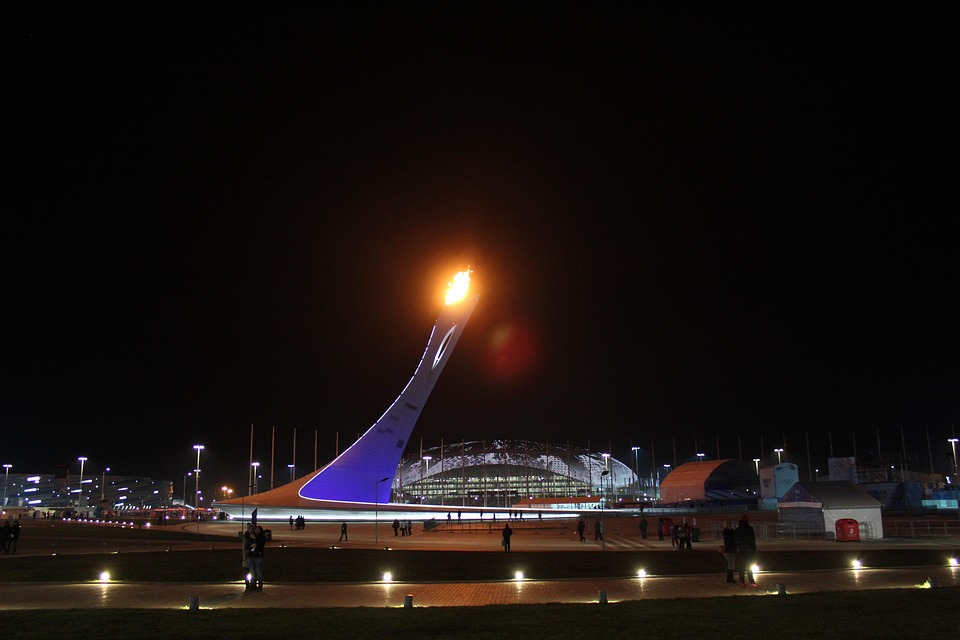The Olympic Games, with their rich history and vibrant pageantry, serve as a global platform where athletes from diverse backgrounds come together to celebrate excellence in sports. Central to this celebration is the concept of sportsmanship—a value that has evolved significantly over the years. As we look at the evolution of Olympic sportsmanship, it becomes clear that the spirit of teamwork extends beyond individual competitions, weaving a narrative of unity, respect, and mutual support.
The Genesis: Ancient Roots of Sportsmanship
The roots of the Olympics can be traced back to ancient Greece, where games were held to honor the god Zeus. Beyond competition, these events were steeped in a sense of camaraderie and respect among athletes. The ancient Greeks prized notions of honor and decorum, emphasizing that competitors should respect one another regardless of the outcome. This foundational spirit of fair play and mutual respect can be considered the genesis of sportsmanship within the Olympic framework.
The Modern Era: Principles of Fair Play
The revival of the Olympic Games in 1896 marked a significant turning point in the concept of sportsmanship. While individual achievement was prominently admired, there was a burgeoning recognition of the importance of fair play. The Olympic Charter, established by Baron Pierre de Coubertin, set forth principles that emphasized not only the competition’s athletic qualities but also ethical behavior among athletes.
As the Games expanded and became more inclusive, the principles of sportsmanship began to take on additional depth. The mid-20th century saw the introduction of the “Olympic Truce,” a period during which hostilities would cease, allowing athletes and spectators to partake in the Games in peace. This ethos highlighted the notion that sports could transcend political differences and foster goodwill among nations.
The Era of Professionalism: Challenges and Triumphs
With the advent of commercialism and the rise of professional athletes in the latter half of the 20th century, the landscape of Olympic sportsmanship faced new challenges. The pressure to succeed intensified, and instances of unsportsmanlike conduct emerged, raising concerns about the integrity of the spirit of the Games.
However, it was also during this era that we witnessed powerful moments of true sportsmanship. The iconic image of Canadian sprinter Ben Johnson displaying camaraderie and support toward his competitor after a disqualification serves as a reminder of the greater narrative within competitive sports. Such instances reflect how even amid the pressures of global competition, the essence of teamwork and respect can shine through.
A New Century: Inclusivity and Diversity
As we entered the 21st century, the Olympic Games embraced a broader spectrum of diversity and inclusion. The participation of athletes across gender, culture, and ability levels brought forth a richness to the narrative of sportsmanship. Team events became showcases of not only individual talent but the collective effort of diverse talents coming together.
Athletes began to use their platforms to advocate for social issues, further evolving the idea of sportsmanship beyond the confines of competition. For instance, during the 2020 Tokyo Olympics, athletes showcased solidarity through gestures of support for social justice movements, demonstrating that the Olympic spirit extends to championing equality and respect for all.
The Future: A Collective Responsibility
Today, the evolution of Olympic sportsmanship is paramount in fostering a global conversation about unity and shared responsibility. The principles of fair play, respect, and camaraderie are not only applicable to athletes but resonate with audiences, coaches, and nations involved in the Olympic movement.
As the Games continue to evolve, education on sportsmanship, ethics, and character development is increasingly emphasized within training programs. With organizations prioritizing these values, the hope is that future generations of athletes will carry the ideals of Olympic sportsmanship forward, inspiring not just fellow competitors, but society as a whole.
Conclusion
The evolution of Olympic sportsmanship mirrors the complexities of human nature—our struggles, triumphs, and shared values. As we celebrate athletic prowess, we must also honor the spirit of teamwork and mutual respect that underpins the Olympic movement. In an ever-changing world, the commitment to these values will remain essential, reinforcing the idea that, in sports and beyond, we are stronger together.



